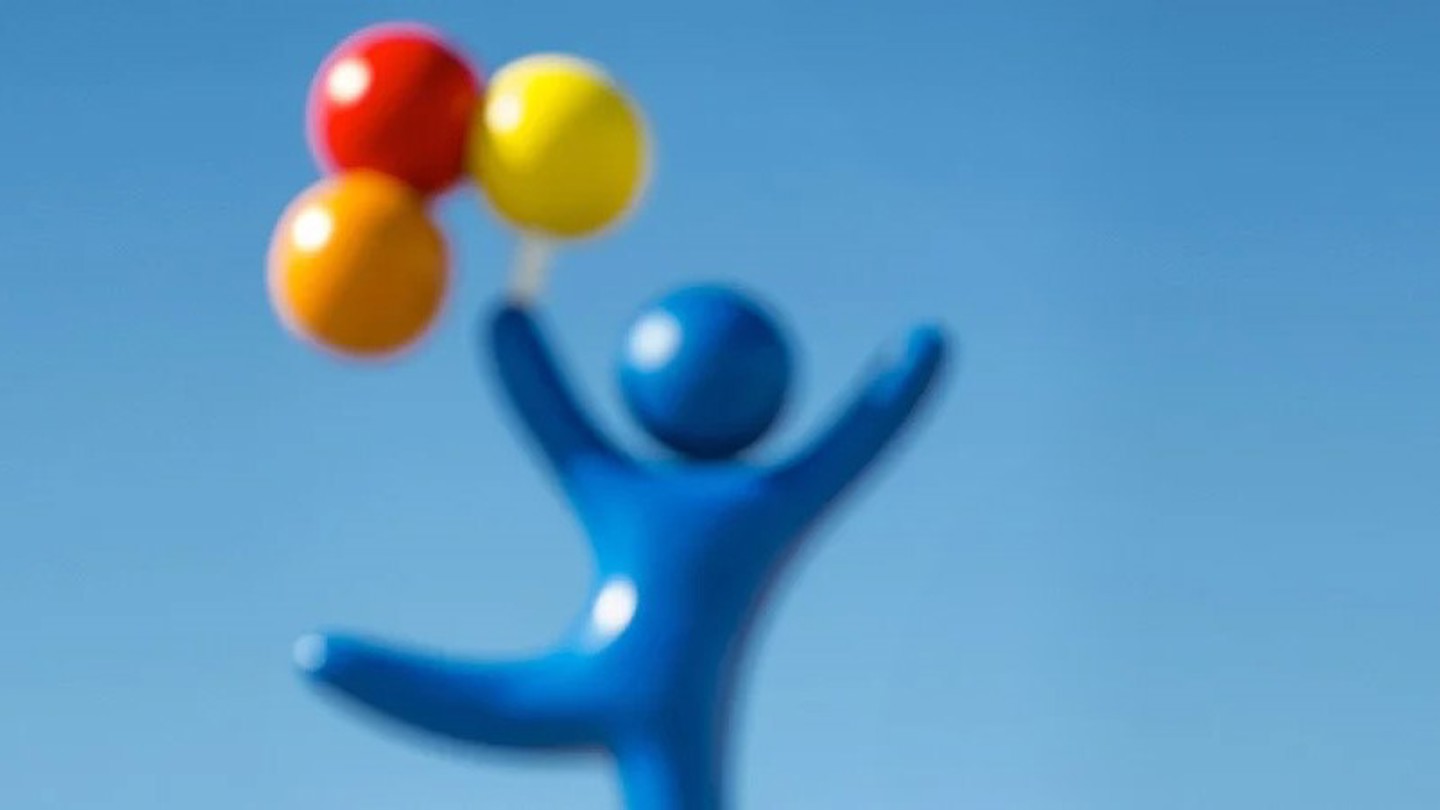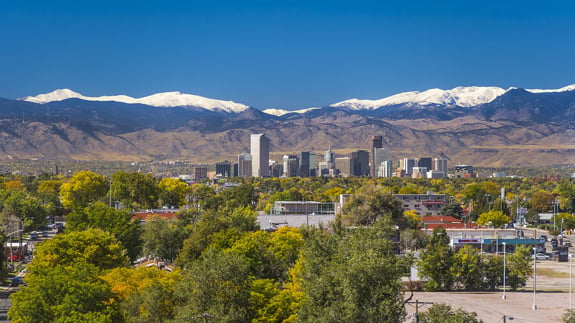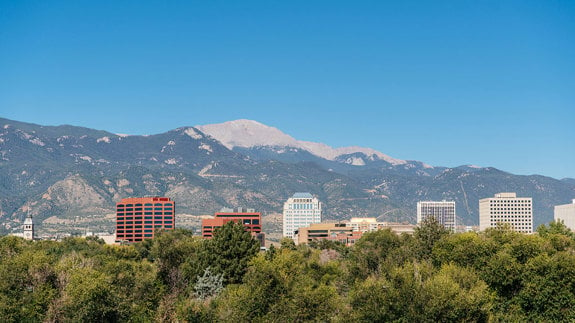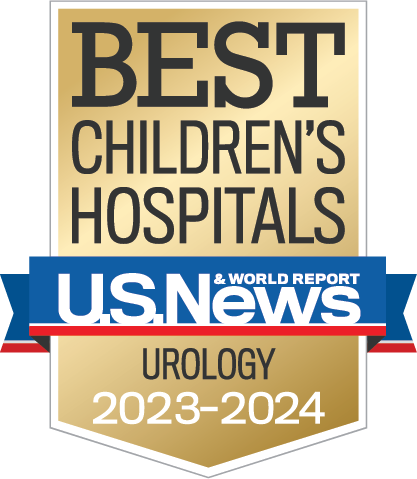- Doctors & Departments
-
Conditions & Advice
- Overview
- Conditions and Symptoms
- Symptom Checker
- Parent Resources
- The Connection Journey
- Calm A Crying Baby
- Sports Articles
- Dosage Tables
- Baby Guide
-
Your Visit
- Overview
- Prepare for Your Visit
- Your Overnight Stay
- Send a Cheer Card
- Family and Patient Resources
- Patient Cost Estimate
- Insurance and Financial Resources
- Online Bill Pay
- Medical Records
- Policies and Procedures
- We Ask Because We Care
Click to find the locations nearest youFind locations by region
See all locations -
Community
- Overview
- Addressing the Youth Mental Health Crisis
- Calendar of Events
- Child Health Advocacy
- Community Health
- Community Partners
- Corporate Relations
- Global Health
- Patient Advocacy
- Patient Stories
- Pediatric Affiliations
- Support Children’s Colorado
- Specialty Outreach Clinics
Your Support Matters
Upcoming Events
Child Life 101
Wednesday, June 12, 2024Join us to learn about the work of a child life specialist, including...
-
Research & Innovation
- Overview
- Pediatric Clinical Trials
- Q: Pediatric Health Advances
- Discoveries and Milestones
- Training and Internships
- Academic Affiliation
- Investigator Resources
- Funding Opportunities
- Center For Innovation
- Support Our Research
- Research Areas

It starts with a Q:
For the latest cutting-edge research, innovative collaborations and remarkable discoveries in child health, read stories from across all our areas of study in Q: Advances and Answers in Pediatric Health.

Pediatric experts at The Stone Clinic care for patients with kidney stones and bladder stones (also known as urolithiasis). At Children’s Hospital Colorado, we know that it’s hard to see your child in pain. Our team is here to help your child pass their stone(s) with minimal discomfort. We also provide recommendations on ways to help prevent stones from forming again in the future.
How do kidney stones form?
Normally, there is a balance between substances in the urine that prevent kidney stone formation and those that cause them to form. An imbalance in these substances causes one or more kidney stones to form.
Kidney stones may be caused by an imbalanced diet, certain medical conditions or medicines that increase stone-forming substances in the urine. Not drinking enough water can also contribute to kidney stone formation.
How do we diagnose and treat kidney stones in children?
When you visit The Stone Clinic, our team will ask about your child’s medical history and perform a physical exam. Your child may also need blood and urine tests. We may also recommend an ultrasound or CT scan of the kidney to find the location and size of the stone(s). An ultrasound uses sound waves to produce pictures of the kidney. A CT scan takes several cross-sectional images using an X-ray machine to show the kidney in detail. This information helps us understand how the stone(s) formed, how best to treat the stone(s), and how to help prevent them in the future.
Options for your child’s kidney stone treatment may include:
- Drinking more water
- Changing your child’s diet
- Taking medicine to prevent stones from forming or to help pass a stone
- Having minimally invasive surgery to remove the stone(s)
Why choose The Stone Clinic at Children’s Colorado for your child’s kidney stone treatment?
A team approach to care
At The Stone Clinic, we have a multidisciplinary team of dedicated pediatric urologists, nephrologists, and dietitians committed to providing your child with the best care possible.
Our team meets two times a month to collaboratively work on customized action plans for each patient based on need. This team approach ensures that all providers are on the same page and we can create a plan that addresses every possible issue related to pediatric kidney stones.
The multidisciplinary clinic format also means that patients and families can see all the various specialists in one day to eliminate multiple trips to the hospital. Not only is our clinic convenient, but effective. All three types of providers can discuss each child’s specific circumstance for a holistic evaluation and form a thorough understanding of risk factors for future stone development, as well as provide surgical consultation. Established patients with a history of stones will also be seen in this clinic, where we can monitor them metabolically and provide nutritional guidance to minimize future stone development.
Quick diagnosis and kidney stone treatment
We provide rapid, state-of-the-art diagnosis and care for your child. Our care includes:
- A low-dose CT scan that provides an accurate diagnosis and minimizes radiation exposure
- Medical expulsive therapy, which involves taking medication to help pass a stone
- Minimally-invasive surgery, which results in less pain and a shorter recovery
Help finding the cause of a kidney stone and preventing future stones
We provide a complete metabolic evaluation to find the cause of the stone. This helps us provide information to parents on ways to reduce the risk of kidney stones forming again in the future. A complete metabolic evaluation includes a dietary evaluation, blood and urine tests and a stone analysis.
Specific conditions treated
- Nephrocalcinosis, also known as calcium deposits in the kidney
- Kidney/ureteral stones
- Bladder stones
- Metabolic conditions associated with stone formation



 At Children’s Hospital Colorado, we treat the big things, the small things and everything in between.
At Children’s Hospital Colorado, we treat the big things, the small things and everything in between.